AUBURN HILLS – The news on Chrysler isn’t good. The company announced yesterday that it was drastically scaling down its dealer network, only a few months after killing off models like the PT Cruiser. The move will cost dealers millions, and is necessary because Chrysler isn’t selling enough cars to justify the current number of Chrysler franchisees.
The problem is not new. It, of course, was made by making cars that folks don’t want, and the folks at Chrysler Corp. have shown over the decades that they are pretty good at that. (This might seem to be a cheap shot, but this blogger grew up with a much recalled Plymouth Volaré and a goofy Plymouth Cricket, so he has experienced what he speaks about.)
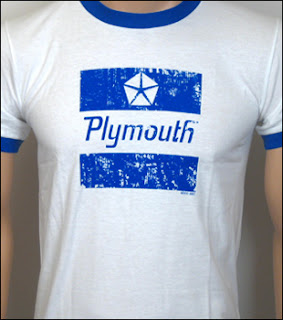
One factor that has not gotten much attention as a cause of the current mess is Daimler-Chrysler’s decision to kill off the Plymouth brand. Today, the only way you can get a Plymouth is to buy a used one, or purchase a T-shirt like the one here from www.motorbrandsusa.com.
The Plymouth brand was created in 1928 to offer a mid-market car for Chrysler dealers to sell to America’s growing middle class. To use an S.A.T. analogy, as Plymouth was to Chrysler, Toyota is to Lexus. Plymouth added to economies of scale at Chrysler factories, brought new customers into Plymouth showrooms and gave Chrysler added clout with suppliers. Walter Chrysler felt that the Plymouth would typify “rugged honesty” and “enterprise.” It lived up to the challenge and over the years built up a great brand story with trusty models like the Plymouth Valiant, Plymouth Fury and Plymouth Reliant. And don’t forget the Plymouth Horizon, the American anti-VW Rabbit. It had a cult following for its corduroy seats.
But when Plymouth was killed off in 2001, all of a sudden, Chrysler dealers didn’t have a mid-market family product. This became a BIG problem. On first thought, a brand manager would easily think that because the Chrysler brand was going upscale with all of its fancy Daimler associations, getting rid of Plymouth at Chrysler-Plymouth dealers would be appropriate. But it was a wrong assumption; a great discussion of the idea of bringing it back has lit up the boards of the Allpar Chrysler blog in a post called “It’s time for Plymouth to return.”
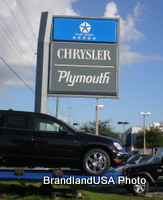 What happened was that Chrysler dealers lost a product with a low price point. If a wealthier couple came into a dealer to buy a Chrysler Town & Country, they still might see a Neon in the parking lot that they could buy for the kids. In addition, while a low-margin Plymouth might not be much of a sale, every one sold would keep service bays and salesmen busy. All of this activity and foot traffic makes a Chrysler dealership more valuable. Each time a customer brings a car in for service they wait in the showroom and chitchat with salesmen.
What happened was that Chrysler dealers lost a product with a low price point. If a wealthier couple came into a dealer to buy a Chrysler Town & Country, they still might see a Neon in the parking lot that they could buy for the kids. In addition, while a low-margin Plymouth might not be much of a sale, every one sold would keep service bays and salesmen busy. All of this activity and foot traffic makes a Chrysler dealership more valuable. Each time a customer brings a car in for service they wait in the showroom and chitchat with salesmen.
Today, younger family consumers who might have bought a Plymouth Voyager minivan have NO reason to enter a Chrysler dealership. It would be weird. And so they head to a Toyota dealership. So when they get older and are able to afford a more expensive and stodgy car, a Chrysler dealership is alien territory. Lesson from a master: Tiffany’s Walter Hoving teaches that luxury brands need to offer low price-point items to get consumers in the door.
At the same time Plymouth was canned, Daimler Chrysler rednecked-up Dodge. The success of the Hemi engine relaunch and Dodge Ram truck went to their heads. Instead of keeping those models as steroid and offering other family models, they roughnecked the whole Dodge brand. Dodge went from being a plain brand that sold some muscle cars to being a muscle-car brand. This kept older (and female) consumers away from Dodge, and did nothing for female consumers, who make decisions on major household purchases. Brands need to have dimensions, and cannot be one-dimensional.
When Oldsmobile died, many dealers had to be paid off as some dealers only sold Oldsmobiles. With Chrysler, the killing off of Plymouth was done slowly and the dealers really never knew what hit them. Until this week.
Plymouth was really sold alongside Chrysler, and so discontinuing the Plymouth line was more akin to eliminating a product line, and not a whole brand.
So what’s the company to do?
Chrysler dealers need another brand to sell. It has a few options. First, it could team up with any other foreign car maker who wishes to get back in the American market. There are still alot. In addition, it needs to make some friends in China and India. Chrysler owns the brands, the designs, the history and the verve. This is what consumers in India and China want. They want a piece of American automotive history.
The good thing is that car companies are excellent at preserving their intellectual capital, including brand names, which are still licensed out. So Chrysler still has clear title to Plymouth, we hope. It could start by taking a few Chrysler models, stripping them down to bare bones, and sticking a Plymouth badge on them.
No big product re-launch. No hype. No big overhead. Just Plymouth. Just a fair priced car for the average American middle class family. And a few more folks in the door at Chrysler dealers.

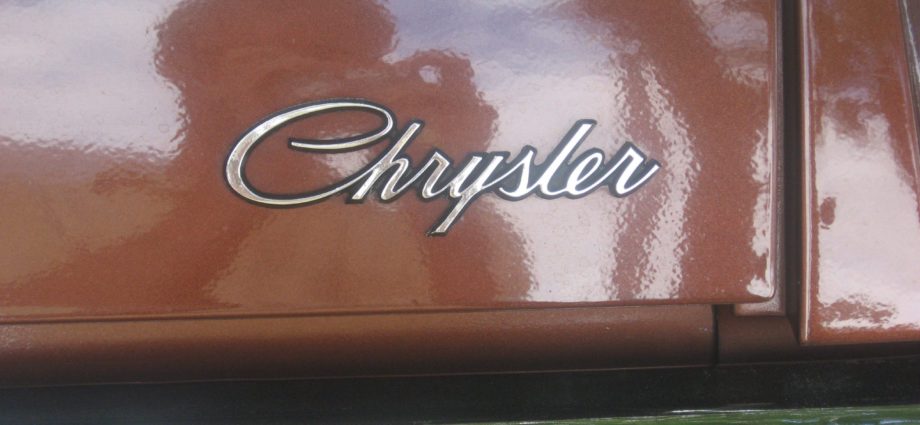

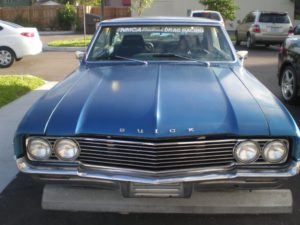
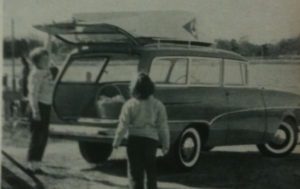
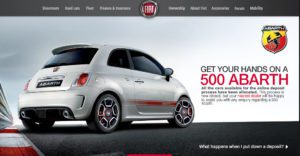
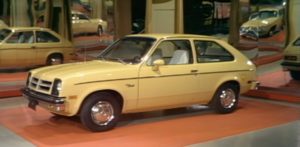

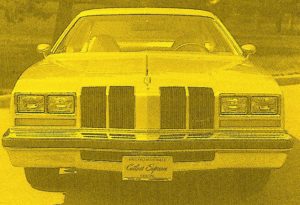
Excellent commentary. Another mistake they made was killing off the Neon, with nothing to replace it. The Caliber was disappointing.
Do you REALLY think this is realistic?